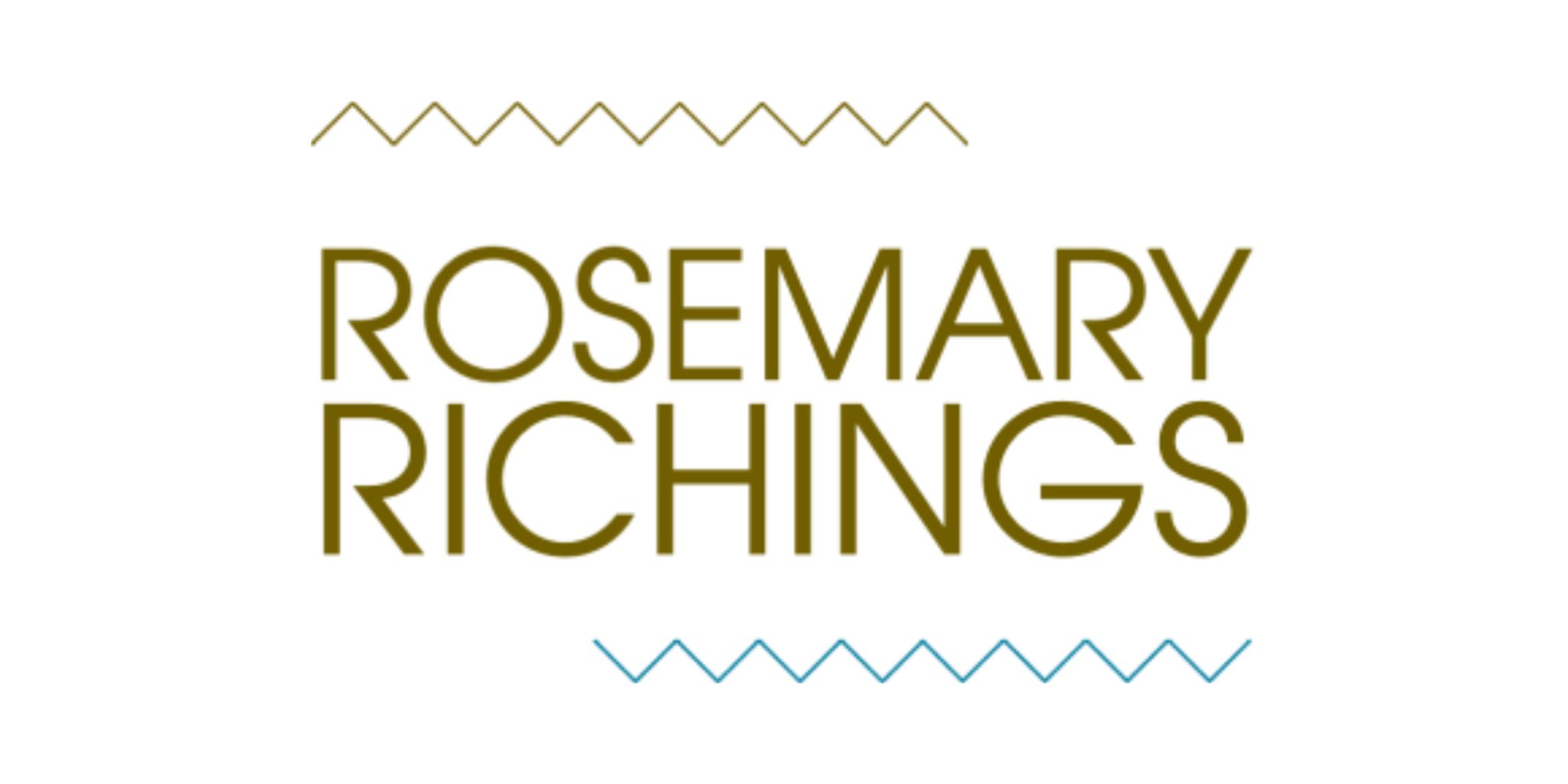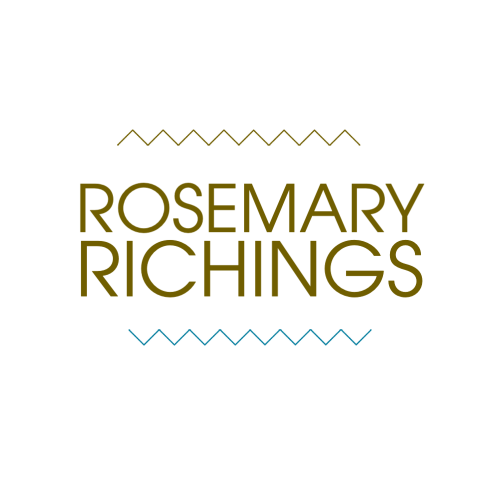In my first year of university, my relationship with social media was extremely strong. Facebook and Twitter were new and exciting things. I was living in a college dormitory at the time and I was hooked.
Meanwhile, my blog was brand new, and I was writing posts about whatever I felt like under the pen name “Rosebud”. The name Rosebud happened because it’s one of a few nicknames I’ve had since I was a kid. Since my parents are the only ones who call me Rosebud, I figured it was a good way for them to know it was me and no one else.
I instantly loved these platforms; the journalism and arts community was this “cool” club that I did not yet have access to. Part of me wanted to be part of this club, but the other part of me wanted to strengthen my relationship with social media. I wanted a voice and a platform, and this seemed like a great way to achieve my goal. So I stayed anonymous until people started to listen, share, and pay attention to my opinions.
By then, I was thinking ahead to life after college, and building my own platform was suddenly a marketable skill.
I was blogging a lot more frequently and did some work for local not-for-profits that needed my social media savvy. That built just enough experience for diverse, local and international businesses to have similar needs and expectations.
Social media and content creation were fun, exciting, and more accessible to me than anything I’ve ever done before. So I assumed this was the key to my future.
Then, I had my first bad experience with social media
A few months after graduating from college, I nearly deleted my Facebook account.
Seeing pictures and status updates from my peers made me feel like a failure. In these photos, my friends were:
- At parties
- Their own weddings
- Acing job interviews
- And moving into houses and apartments.
That’s when I started to impose strict rules. I needed to log in to my social media profiles less often. So I had to pick times and days to check messages. To this day, I still don’t respond to Facebook messages before bed, and before breakfast.
Once I created this rule for myself, I had a lot more time for my own goals and happiness.
But I still use social media as a tool
I just don’t log in as frequently, and will only ever post with a specific goal in mind. Once I invested in social media management software, only logging in when I had a purpose for logging in got a lot easier.
This software provided to be worth every penny, because I could:
- Pre-schedule messages for a specific time and day
- And recycle messages that will be relevant months later.
I posted frequently and consistently. Although I was logging in a lot less. This made this process enjoyable and stress-free.
I also had more time on the important parts of running a business; I.E: interacting and working with clients, keeping track of invoices, and content marketing projects intended to attract new clients.
Then, I realized you can’t fix everything with software
In the first month of the COVID-19 lockdown, my husband and I were on our honeymoon in Morocco. At the end of our trip, we nearly got stranded in Morocco.
Instead, we managed to get on the final flight from Casablanca airport to Montreal. Then we took a domestic flight from Montreal to Toronto. When we were finally back in Toronto, we were asked to sign a customs form. This form asked us to self-isolate for 14 days. By signing the form, we were agreeing to self-isolate.
We were lucky enough to be self-employed people who could work from home. We have family nearby. So it wasn’t that bad. The worst part though was the shock of leaving Toronto pre-lockdown. When we got back, everyone was anxious and afraid.
Having access to the internet heightened my feelings of anxiety.
All I had to do was check my phone to hear about:
- Another death or hospitalization
- Or someone thinking they had COVID because of a cough.
Since I was taking self-isolation seriously, the only people I was seeing were my husband and my parents.
My relationship with social media was more toxic than it had ever been.
Social media was an intoxicating tool that connected me to the rest of the world. All my disciplined rules about only logging in sometimes got temporarily forgotten. Suddenly my social media followers’ panicky feelings were rubbing off on me.
By day 2 of self-isolation, I cried while making breakfast. I’m not sure why I cried. Since my husband knows me well, he encouraged me to go outside and get some exercise. By the end of my walk, I felt a lot more normal; well as normal as you can feel during a pandemic.
There were people in masks and closed storefronts, but at least I could focus on my to-do list. After that experience, social media felt a lot more like background noise.
Something about finally having a routine again made it a lot easier to keep calm and carry on. Crazy stuff was going on but it was affecting me far less.
Lately, I’ve been hearing a lot of criticism about social media
Some of it is super sketchy; especially the massive amount of data that social media platforms collect. I’m reminded of that every time I log in because the ads and suggested search results show that the algorithm knows me a little too well.
Although during the pandemic, I’ve been a lot more willing to forgive the sketchy parts. Despite its behaviour, social media has been a helpful place for me to talk to connect with everyone from my writer’s group to my clients.
As my relationship with social media had evolved, I’ve learned that social media is designed to be addictive. If that addiction goes too far, it can affect your mental and physical health.
It’s okay to consume social media in moderation.
In fact, I often compare responsible social media use to the conversations so many of us grow up hearing about the risks of sex, drugs, and alcohol. Just like with drugs and alcohol, once you learn those risks you can be less afraid, and more aware of the risks are and what to do about them.
Social media can be what it’s supposed to be: social, but a lot just depends on the choices you make, the people you interact with, and what happens once you hit publish. When in doubt, always assume that what you say will be public, even if it seems private. It’s still a business, and accessing data is how they stay in business.
If you want to be on social media, but keep yourself safe, be mindful of what you say to others, and the information you share with others. Because not everything is meant to be shared on social media, and that’s okay.
This post was originally featured on my Medium Digest page.
PS: New articles are published bi-weekly on Mondays. Browse more posts:
50+ B2B articles →
100+ writer-to-writer articles →




